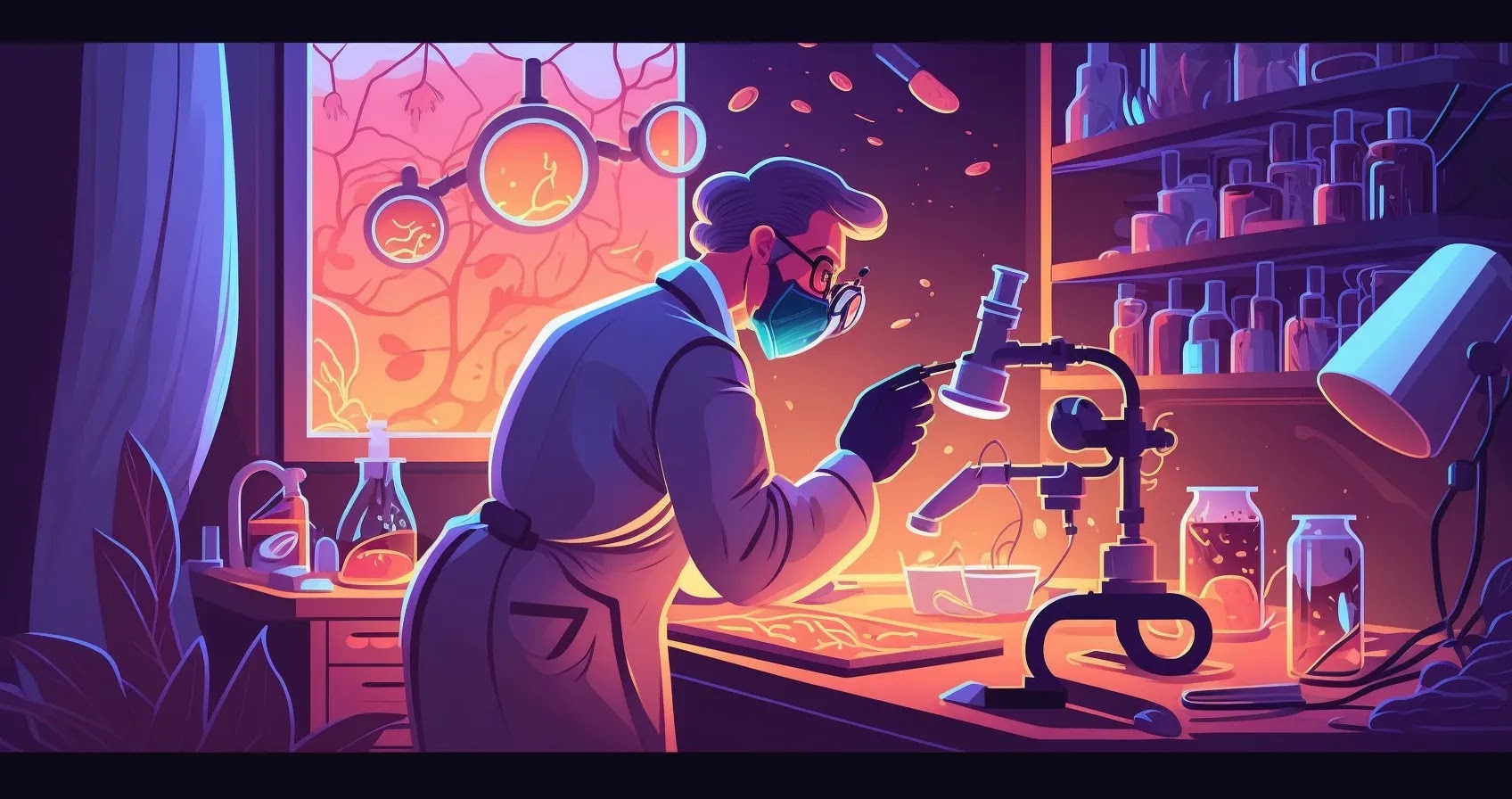An immunologist is a medical professional who specializes in the study of the immune system and its functions.
Immunologists are responsible for identifying, diagnosing, and treating a variety of conditions related to the immune system, including autoimmune diseases, allergies, and immunodeficiency disorders.

Quick Navigation:
Reasons why you should become an Immunologist
If you have a passion for science and medicine, becoming an immunologist can be a rewarding career choice. Here are some reasons why you should consider becoming an immunologist:
- Opportunity to make a difference in people’s lives by improving their health and quality of life.
- Engaging work that involves both research and clinical practice.
- High demand for immunologists due to the increasing prevalence of autoimmune diseases and allergies.
- A chance to work with cutting-edge technology and techniques in the field of immunology.
How to become an Immunologist
To become an immunologist, you need to follow these steps:
- Complete a Bachelor’s degree in a relevant field such as Biology, Chemistry or Biochemistry.
- Earn a Doctor of Medicine (MD) or Doctor of Osteopathic Medicine (DO) degree from an accredited medical school.
- Complete a residency in internal medicine or pediatrics.
- Earn a fellowship in immunology or allergy and immunology.
- Get board certified by the American Board of Allergy and Immunology.
Skills for Immunologists
Immunologists need to possess a range of skills to excel in their profession, including:
- Strong analytical and research skills.
- Excellent communication and interpersonal skills.
- Attention to detail and accuracy.
- Ability to work independently and as part of a team.
- Good problem-solving and critical thinking skills.
Career development for Immunologists
Immunologists can advance their careers in several ways, including:
- Specializing in a specific area of immunology, such as allergy and immunology or clinical immunology.
- Advancing to leadership positions in research or clinical settings.
- Becoming a professor or researcher at a university or research institution.
- Starting their research or clinical practice.
Requirements for Immunologists
Immunologists must meet the following requirements:
- Doctor of Medicine (MD) or Doctor of Osteopathic Medicine (DO) degree
- License to practice medicine in their state of residence
- Board certification by the American Board of Allergy and Immunology.
Interview preparation for Immunologists
Before going for an interview, immunologists should prepare by:
- Researching the organization and their work in the field of immunology.
- Rehearsing common interview questions and answers.
- Preparing questions to ask the interviewer.
- Dressing professionally and arriving on time.
Work-life balance for Immunologists
Immunologists enjoy a good work-life balance as they work in both research and clinical settings.
They can work in hospitals, research institutions, universities, or private practice. Most immunologists work full-time, although some may work part-time or flexible hours.
A day in the life of an Immunologist
Here is a table that shows a typical day in the life of an immunologist:
| Time | Activity |
|---|---|
| 8:00 AM | Arrive at the hospital or research institution |
| 8:30 AM | Check emails and review lab results |
| 9:00 AM | See patients in the clinic |
| 12:00 PM | Lunch break |
| 1:00 PM | Conduct research in the lab |
| 4:00 PM | Attend meeting with other healthcare professionals |
| 5:00 PM | Finish work and head home |
FAQs
Q: What is the average salary for an Immunologist?
A: According to the Bureau of Labor Statistics, the median annual salary for immunologists is $271,200.
Q: Is there a high demand for Immunologists?
A: Yes, there is a high demand for immunologists as the prevalence of autoimmune diseases and allergies continues to increase.
Q: Can Immunologists work in private practice?
A: Yes, immunologists can work in private practice as well as hospitals, research institutions, and universities.
Wrapping up
Becoming an immunologist requires a strong educational background, specialized training, and board certification. Immunologists play a critical role in the diagnosis and treatment of a variety of immune system-related conditions.
With the increasing prevalence of autoimmune diseases and allergies, the demand for immunologists is expected to grow in the coming years.






